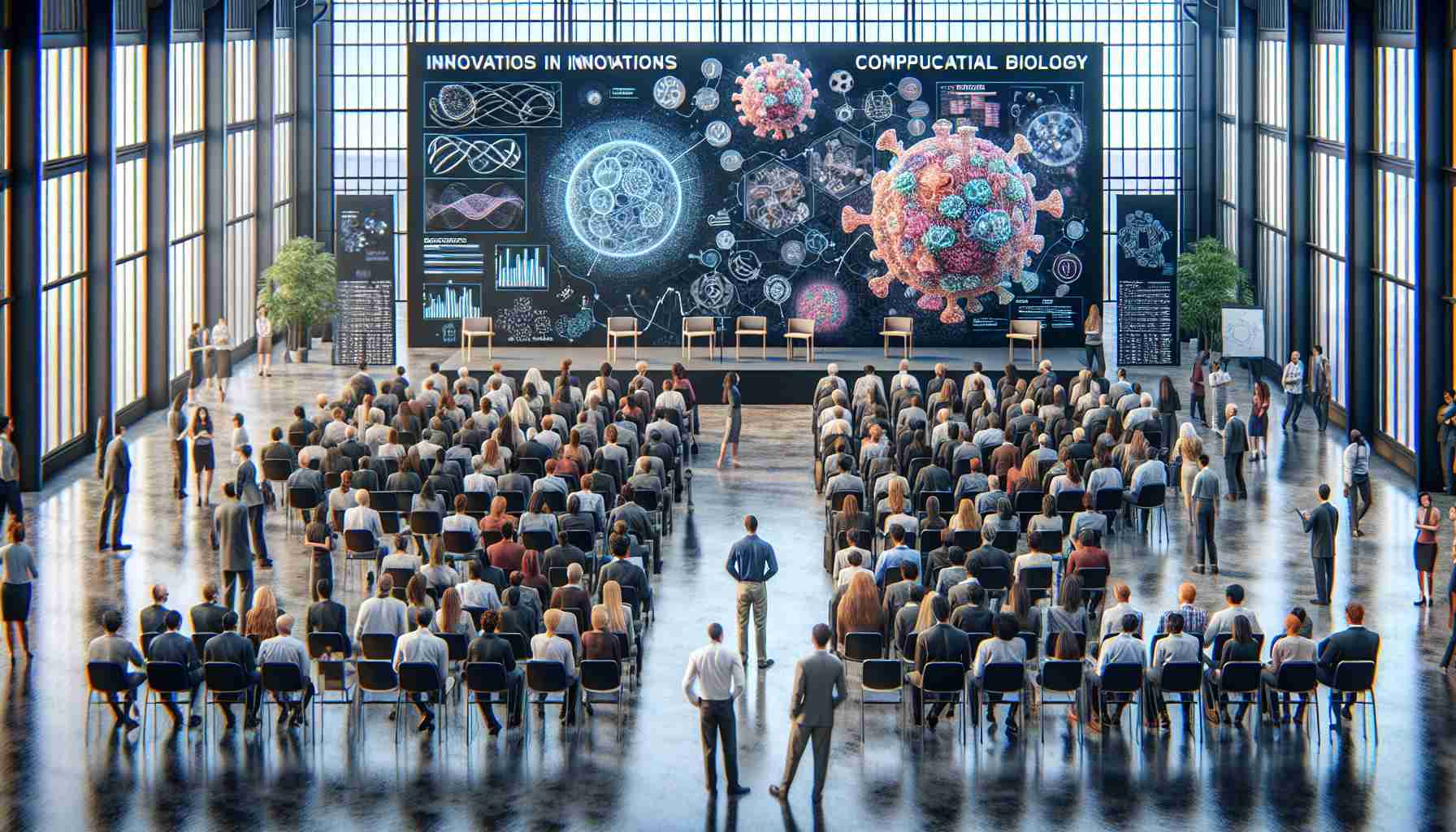Ortigia is set to be the hub of groundbreaking discussions in computational biology and artificial intelligence, as the town prepares to welcome a prestigious conference at the Salone Borsellino of Palazzo Vermexio. Slated for the 16th and 17th of April, this event is garnering attention from biomedical professionals keen on exploring the latest frontiers in scientific research.
Leaders in the industry will impart their knowledge on the transformative potential of artificial intelligence at the intersection of computational biology and cutting-edge scientific inquiry. Keynote speakers include Cristian Randieri, an engineer with a solid background in both teaching and researching at University e-Campus and an active contributor to research labs at the Sapienza University of Rome. Joining him is the esteemed experimental biophysicist Afshin Beheshti, who has made significant contributions through his affiliations with Blue Marble Science and the Broad Institute at MIT and Harvard. In the spotlight will be Dr. Sylvain Costes from NASA, recognized for his leadership role in Bioscience Space research and his influential position at the Ames Research Center’s Radiation Biophysics Lab.
Among the moderators are prominent local figures such as Vincenzo Gugliotta and Simona Ottaviano, holding positions in the Order of Engineers of Syracuse. The event will commence with insightful remarks from influential individuals, including mayors and representatives from various orders in the biomedical field.
The technical discussions and networking opportunities presented at this conference promise to shape the future trajectory of biomedical technology and research. As artificial intelligence continues to revolutionize our understanding of disease modeling and treatment, industry experts and academics converge to share insights and forge a path forward into the era of high-tech medicine.
Current Market Trends in Computational Biology and AI
The field of computational biology and AI is experiencing significant growth due to the advent of big data analytics, precision medicine, and the increased computational power available to researchers. Market trends show a growing integration of AI in drug discovery, personalized medicine, and genomics. AI algorithms are being tailored to analyze complex biological data, enhancing research in areas such as biomarker discovery, disease modelling, and therapeutic development.
Forecasts in the Field
Looking ahead, the market for computational biology and AI is expected to continue its expansion, with a compound annual growth rate (CAGR) that underscores this sector’s dynamism. Predictive analytics, machine learning models, and neural networks are projected to become increasingly indispensable tools for scientists. This suggests a sustained investment in AI infrastructure and education to train the next generation of researchers in these advanced computational techniques.
Key Challenges and Controversies
Despite enthusiasm, the application of AI in computational biology faces challenges like data privacy, ethical concerns around genetic testing, and the potential for AI to reinforce existing biases within datasets. Controversies also stem from AI-driven job disruption and the reliability of AI-based decisions in healthcare. Overcoming these hurdles relies on establishing robust ethical frameworks and ensuring transparency in AI methodologies.
Advantages and Disadvantages
The advantages of integrating AI into computational biology are manifold. AI accelerates data analysis, offering unprecedented speed and accuracy that can outmatch human capability. It also enables the processing of vast datasets, impossible for traditional computational means. However, disadvantages include the risk of overfitting in models, potential lack of interpretability, and the cost required for infrastructure and skilled personnel to implement AI solutions.
Relevant Main Domain Links
For those interested in further exploring the integration of AI in biology and medicine, here are some related resources:
– National Center for Biotechnology Information (NCBI): www.ncbi.nlm.nih.gov
– Broad Institute: www.broadinstitute.org
– Artificial Intelligence in Medicine (AIM): www.isaim2021.org (Please note that the event year in the domain may change based on the actual year of the conference)
In conclusion, the conference in Ortigia represents a timely congregation of minds poised to contribute significantly to both current market trends and future advancements in computational biology and AI. The discussions at this conference will not only contribute to scientific inquiry but will also help shape the policies and practices necessary to foster innovation while addressing the ethical and operational challenges encountered in this rapidly evolving field.

